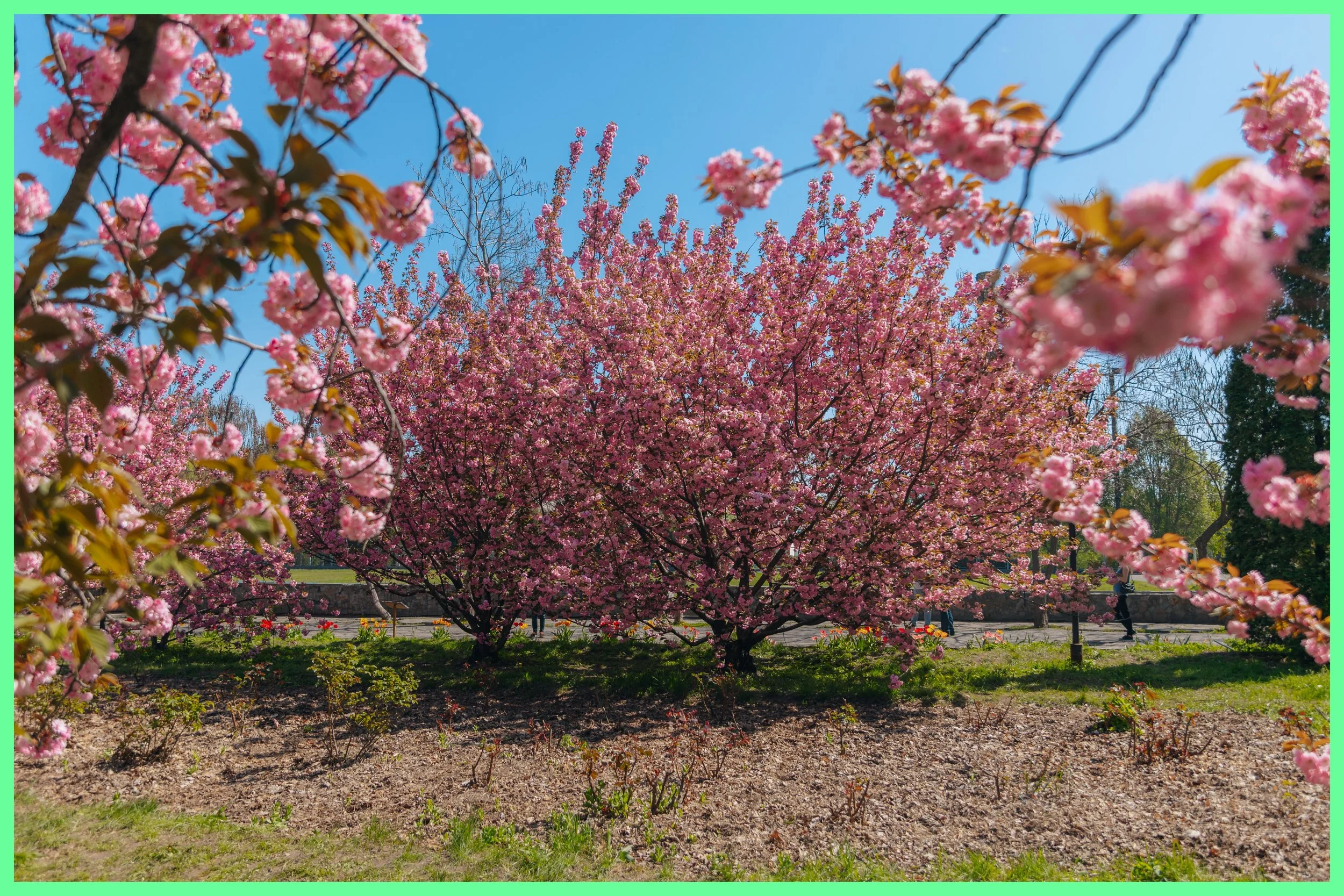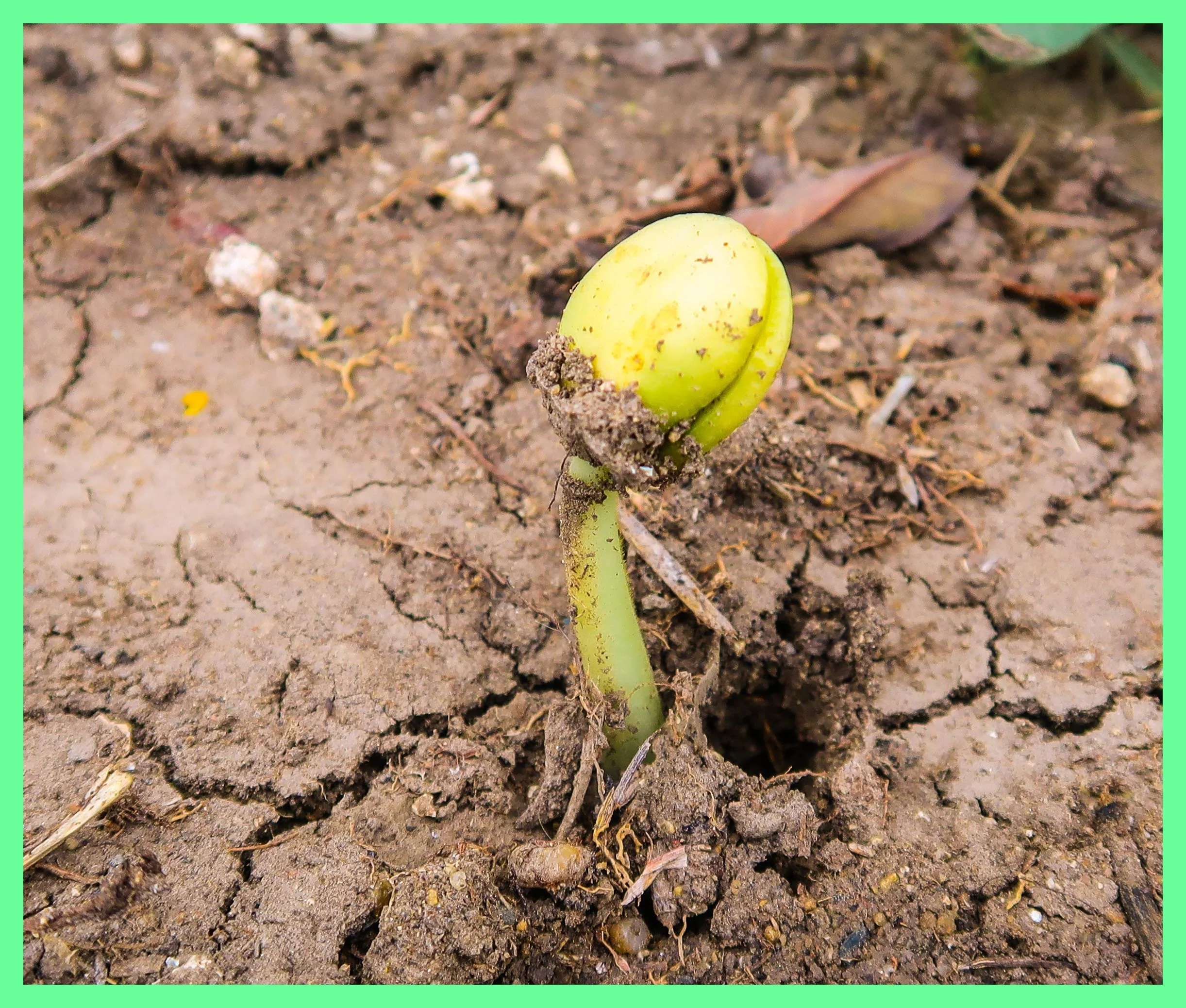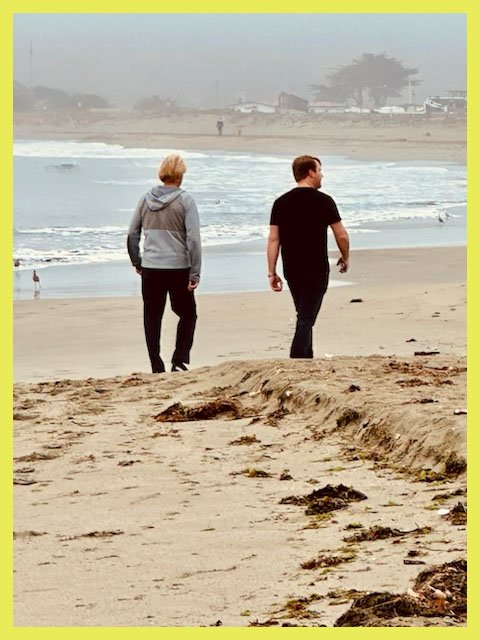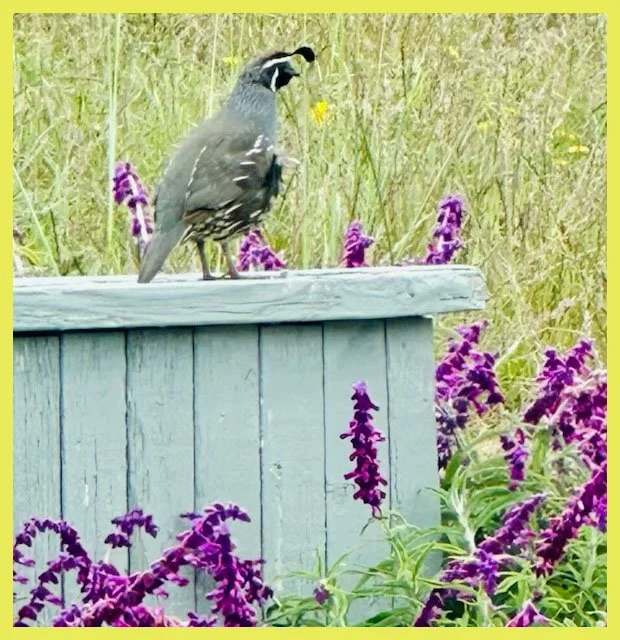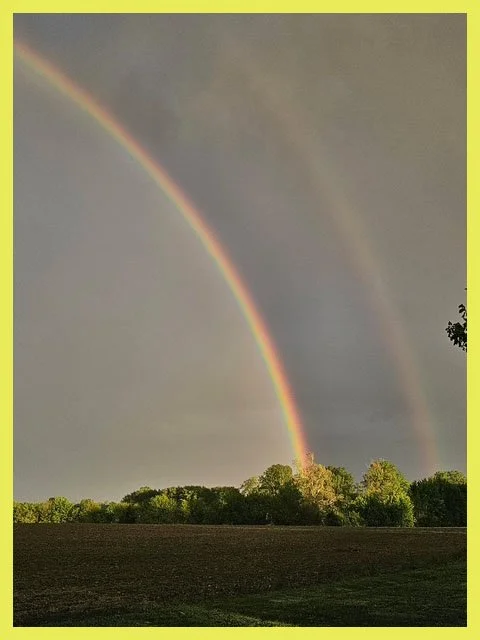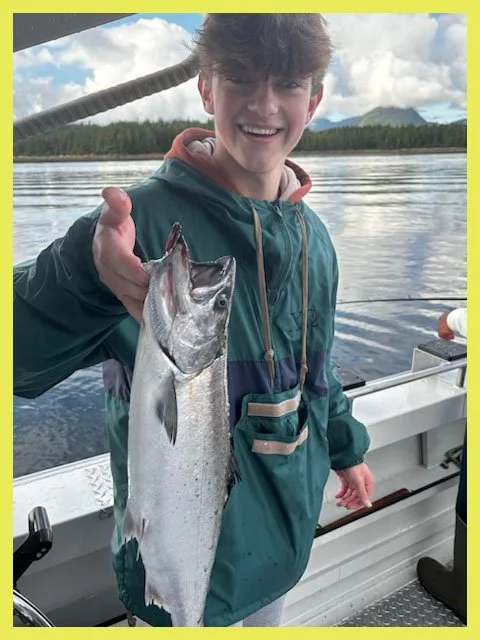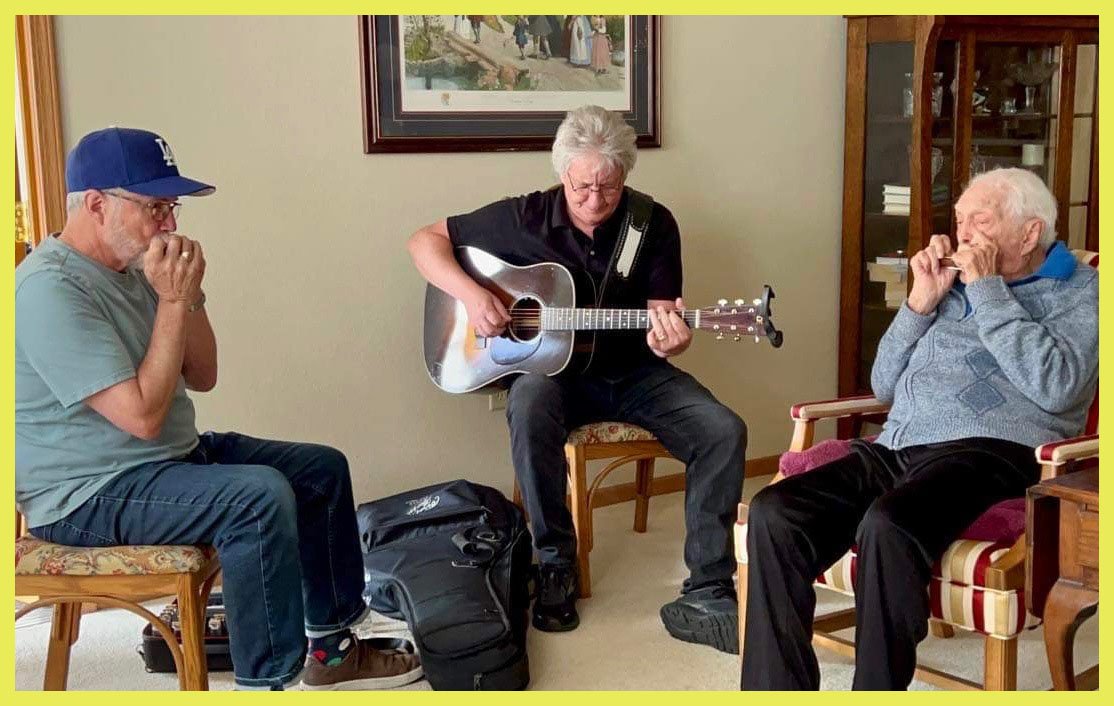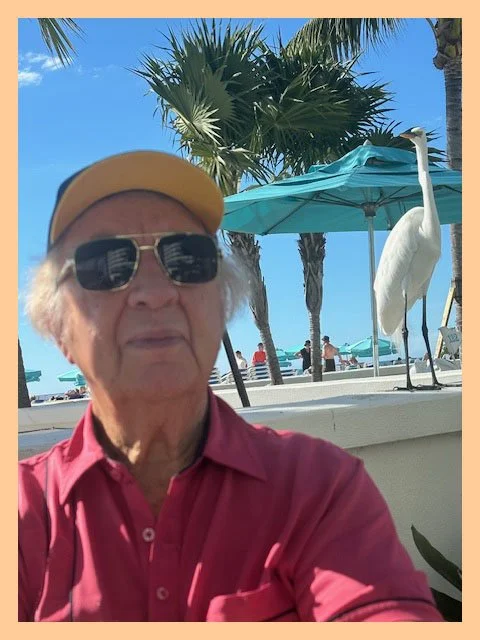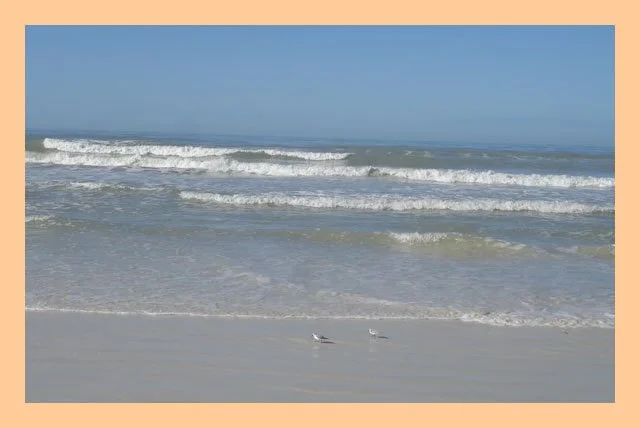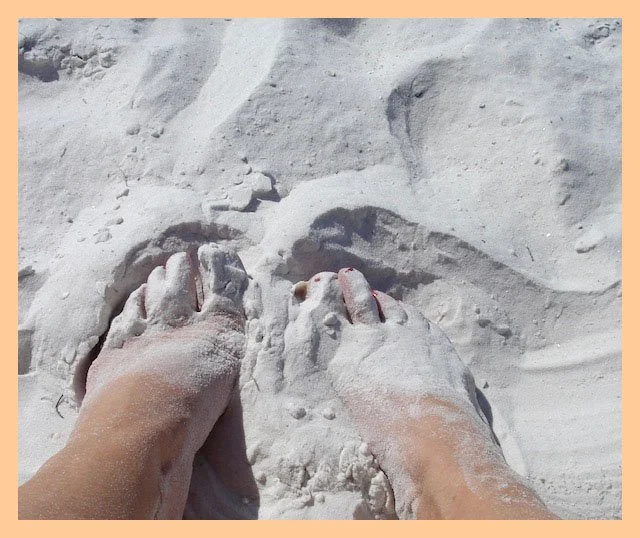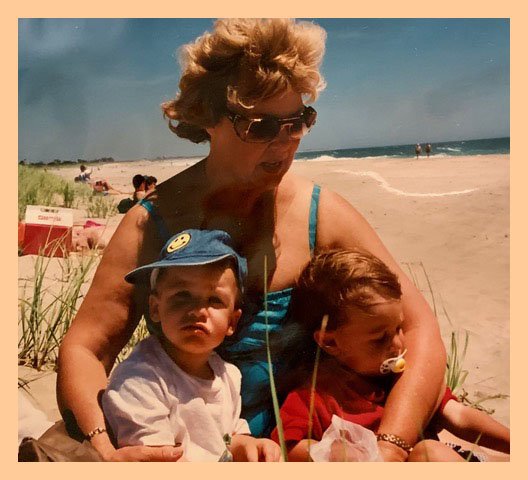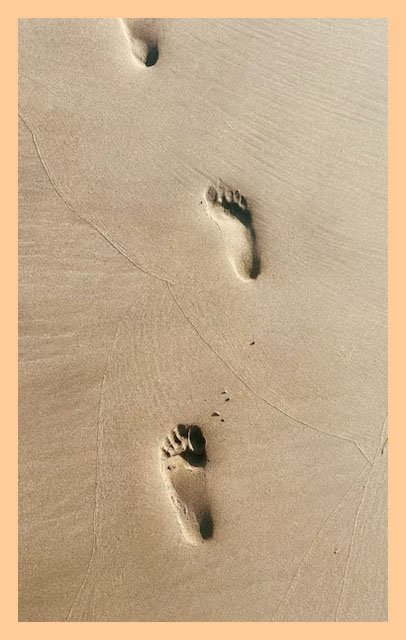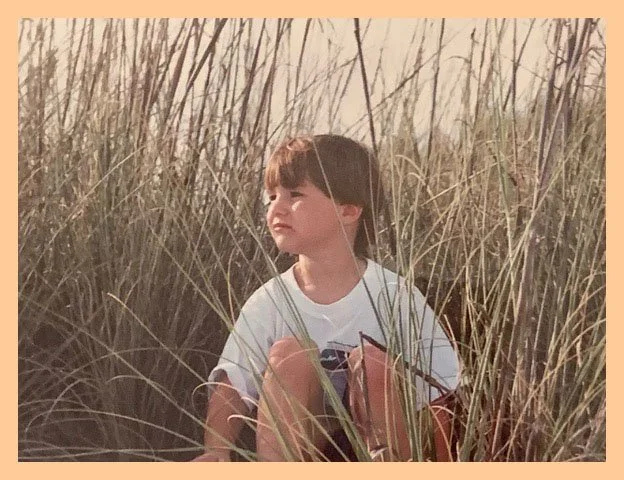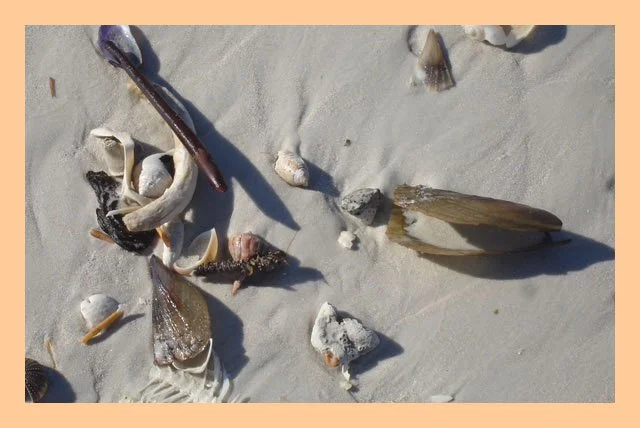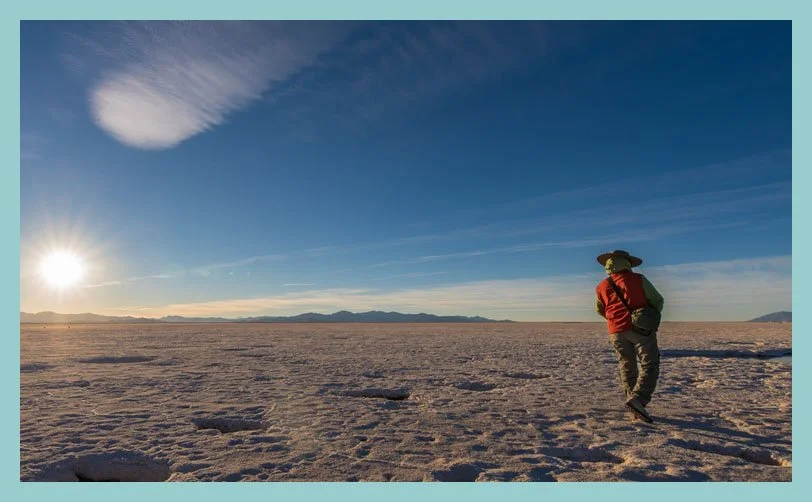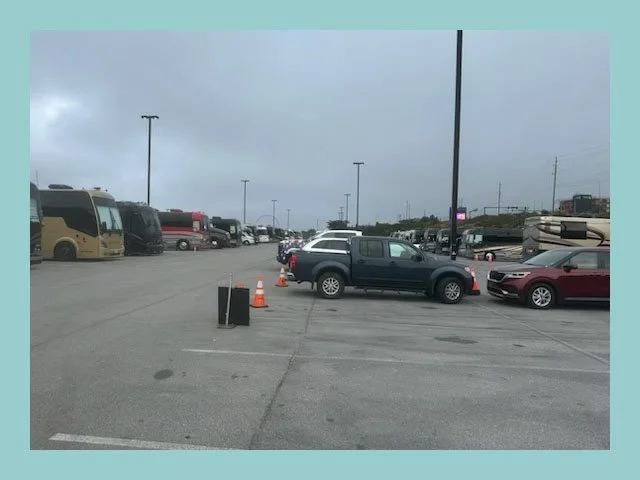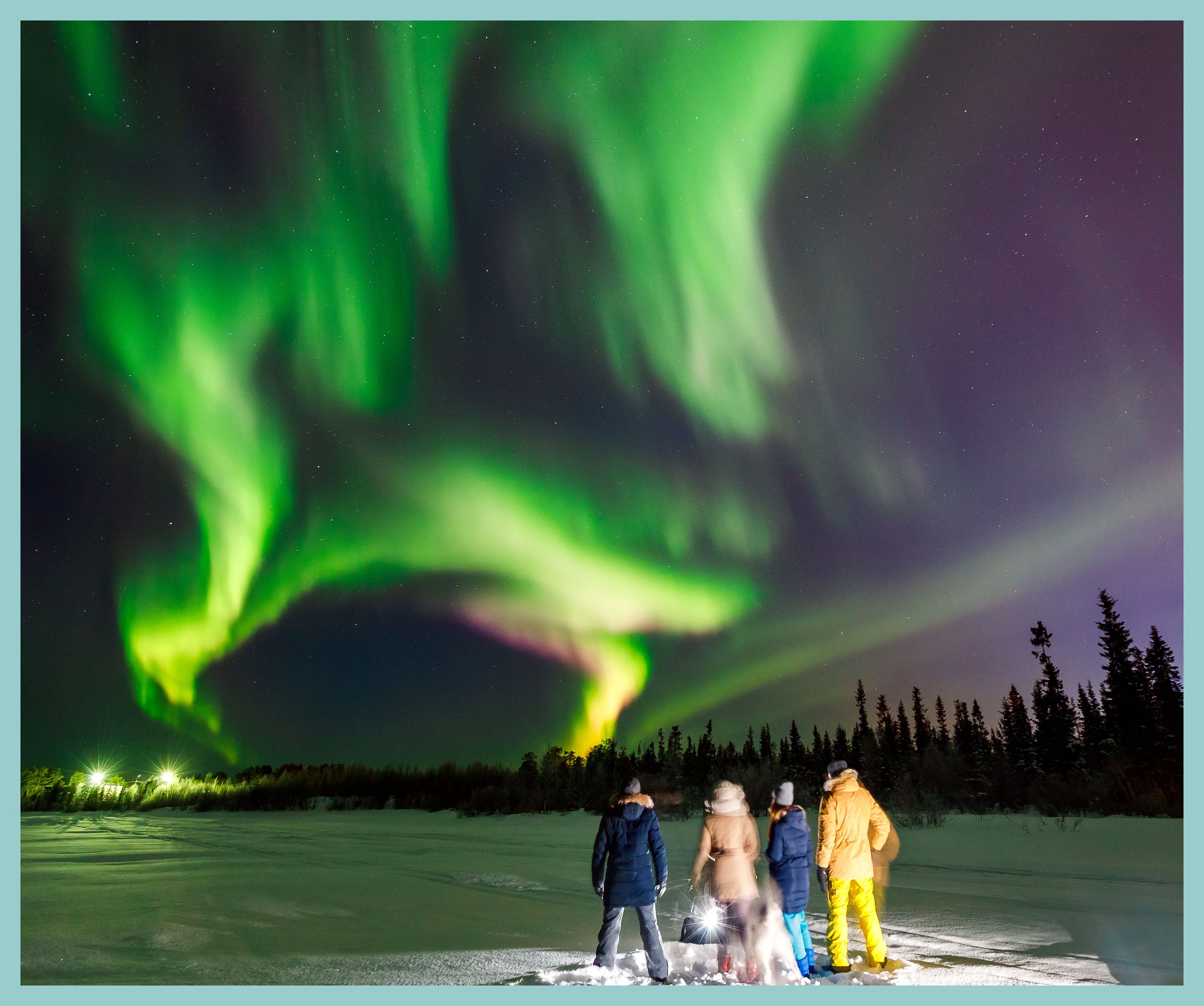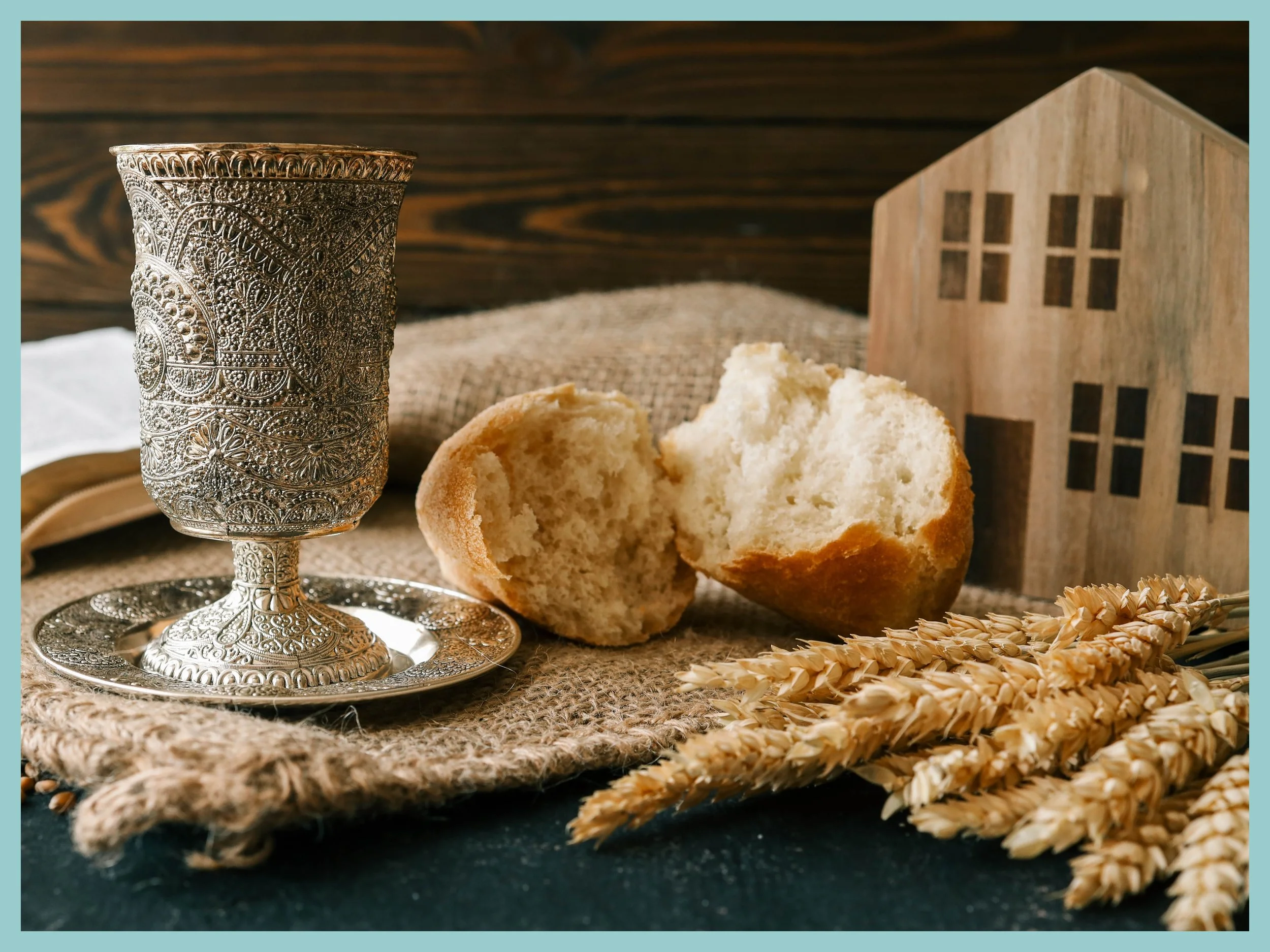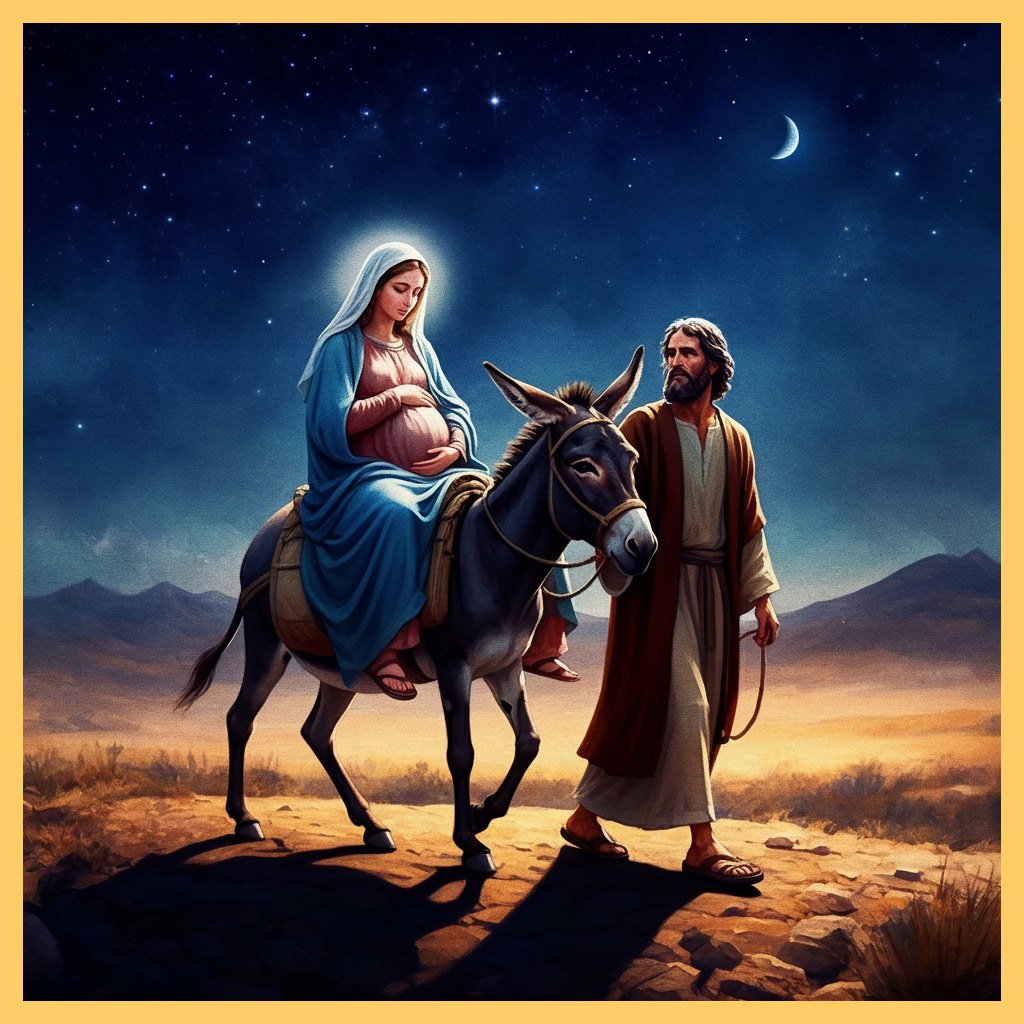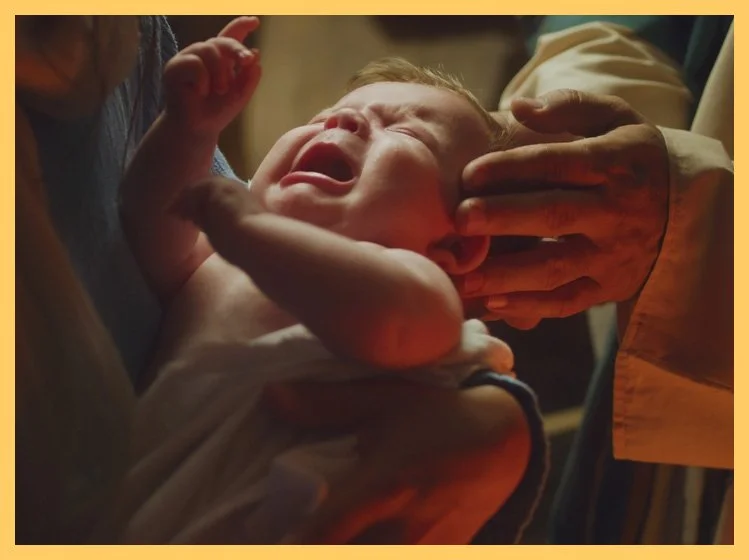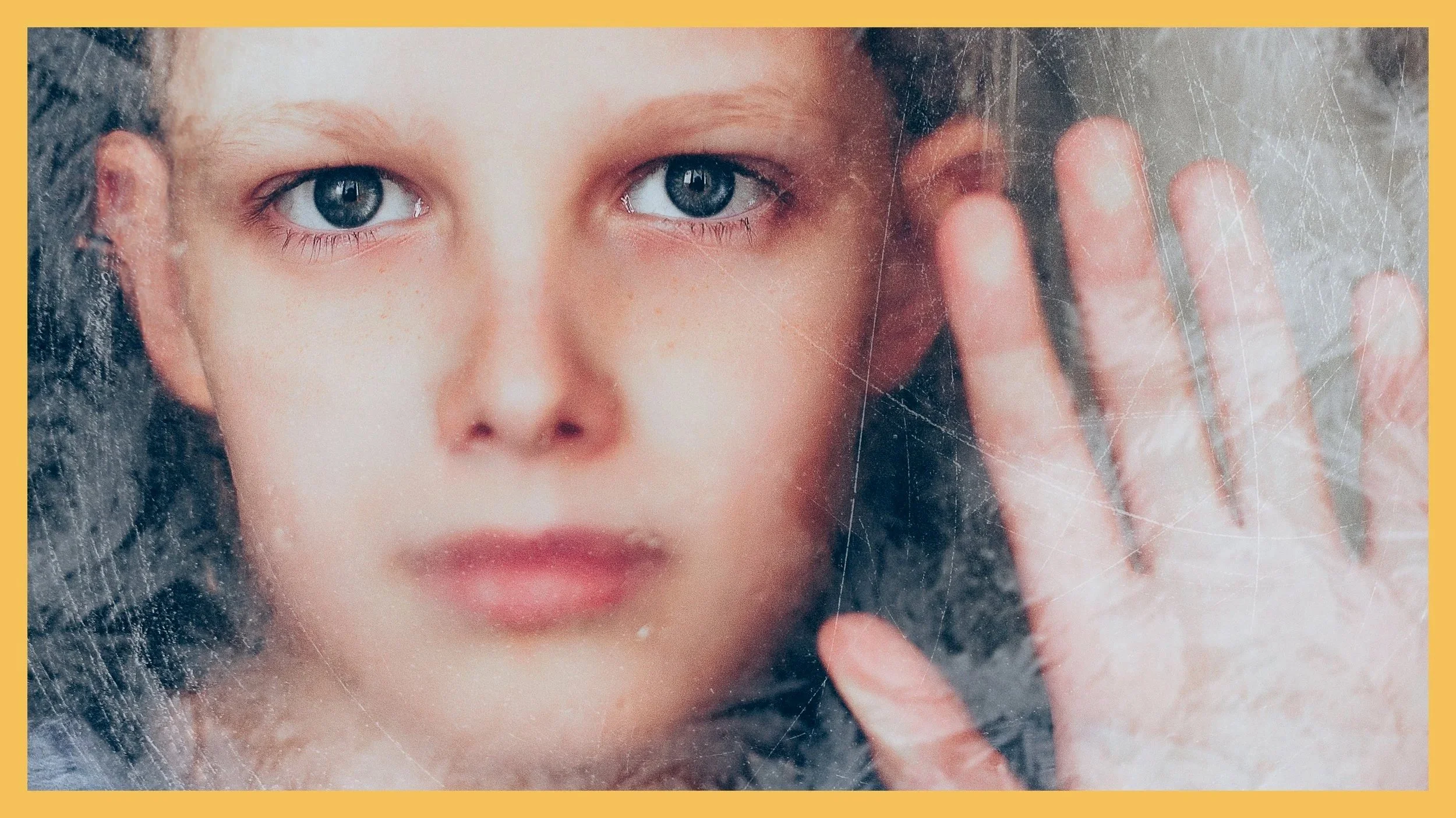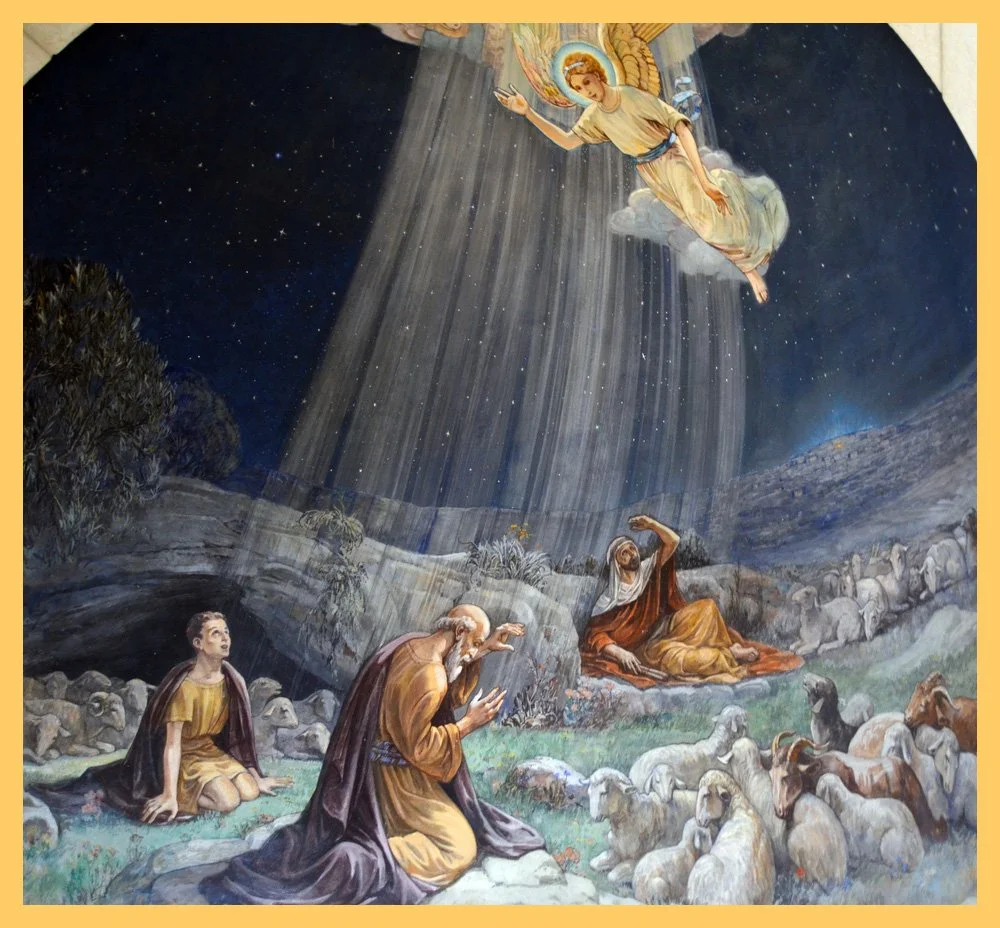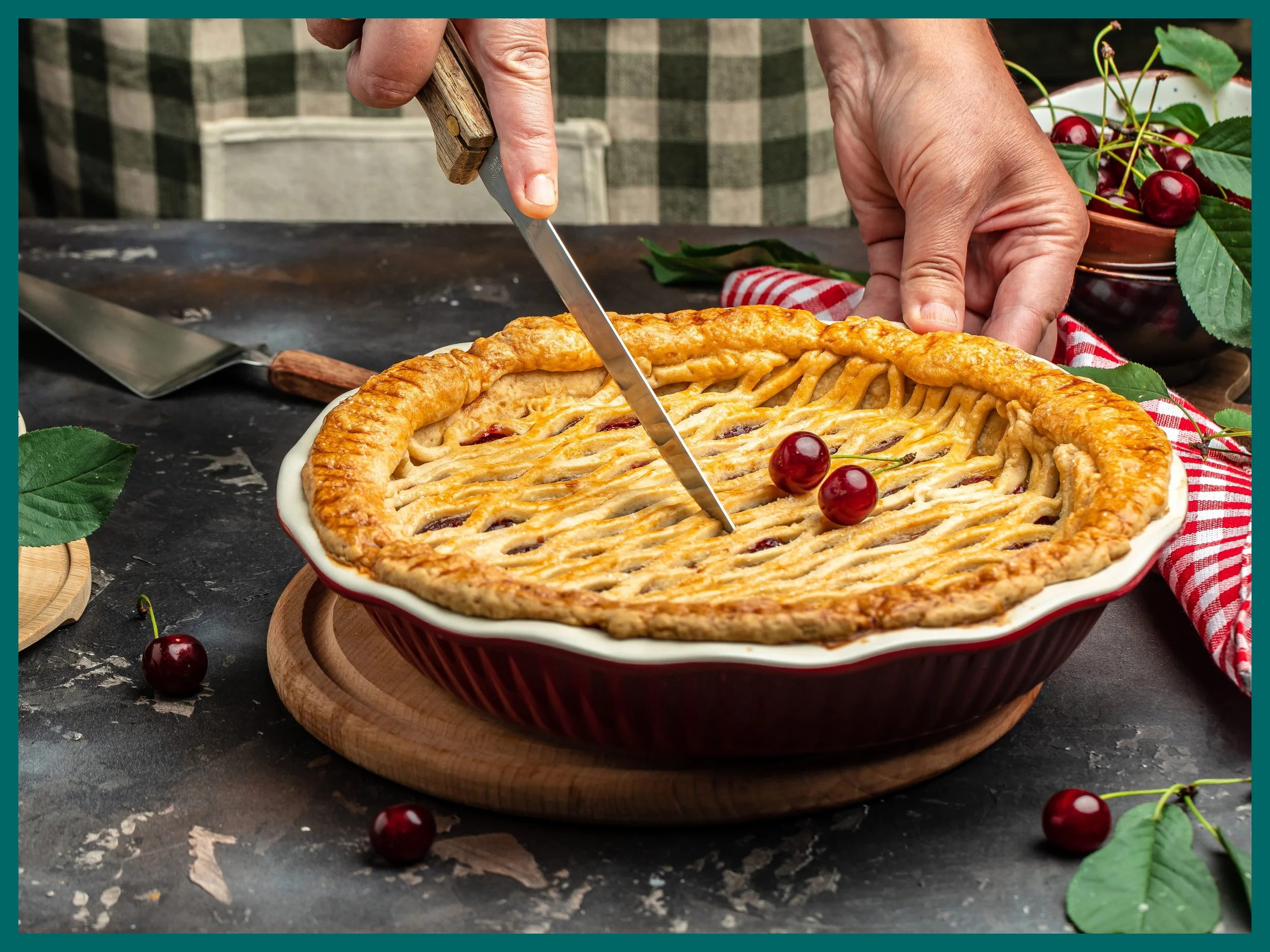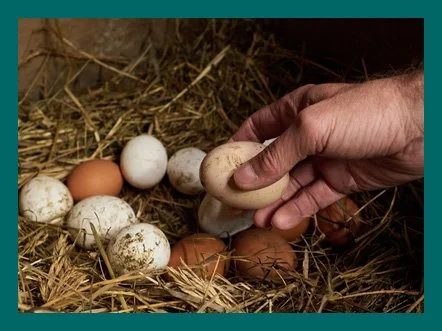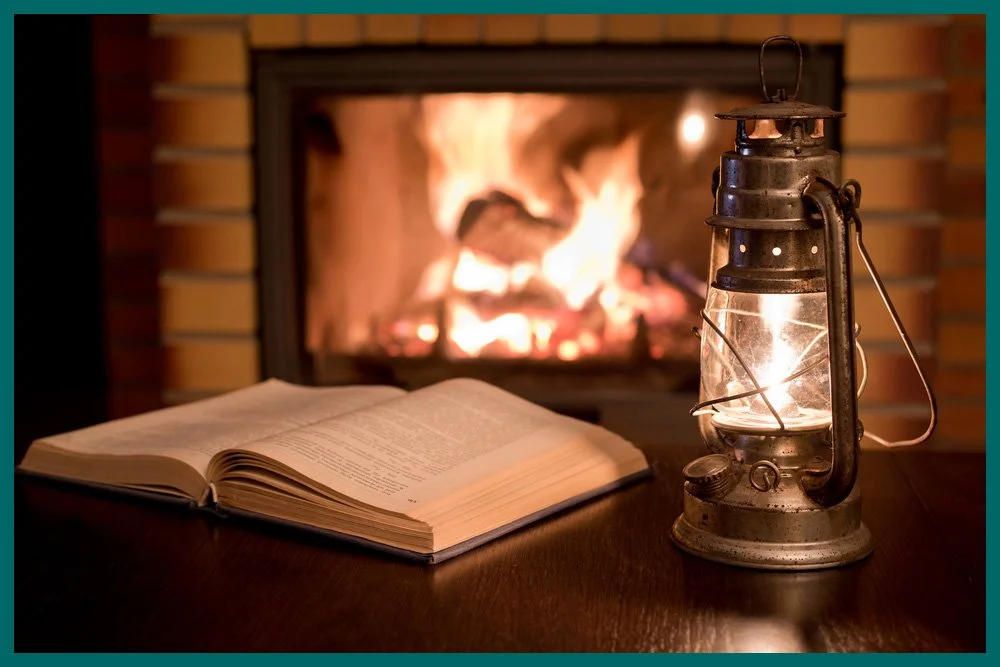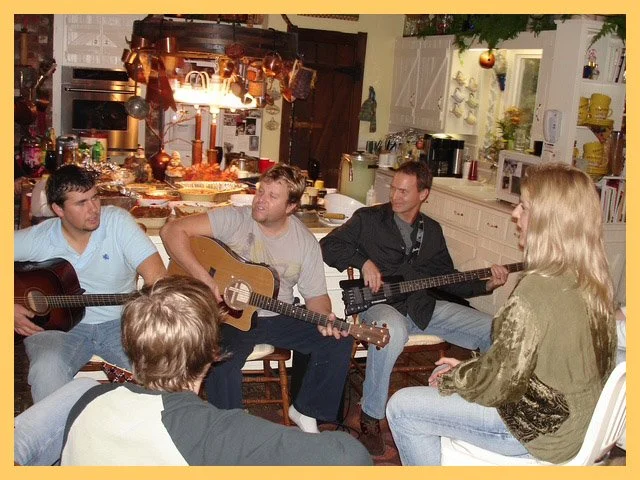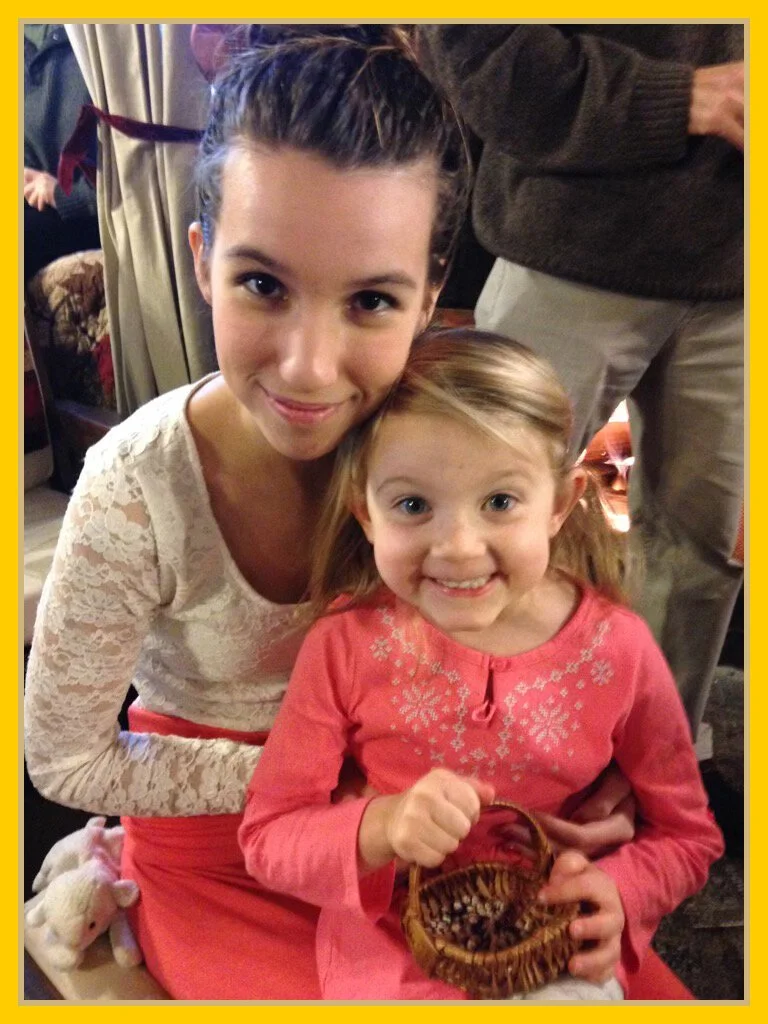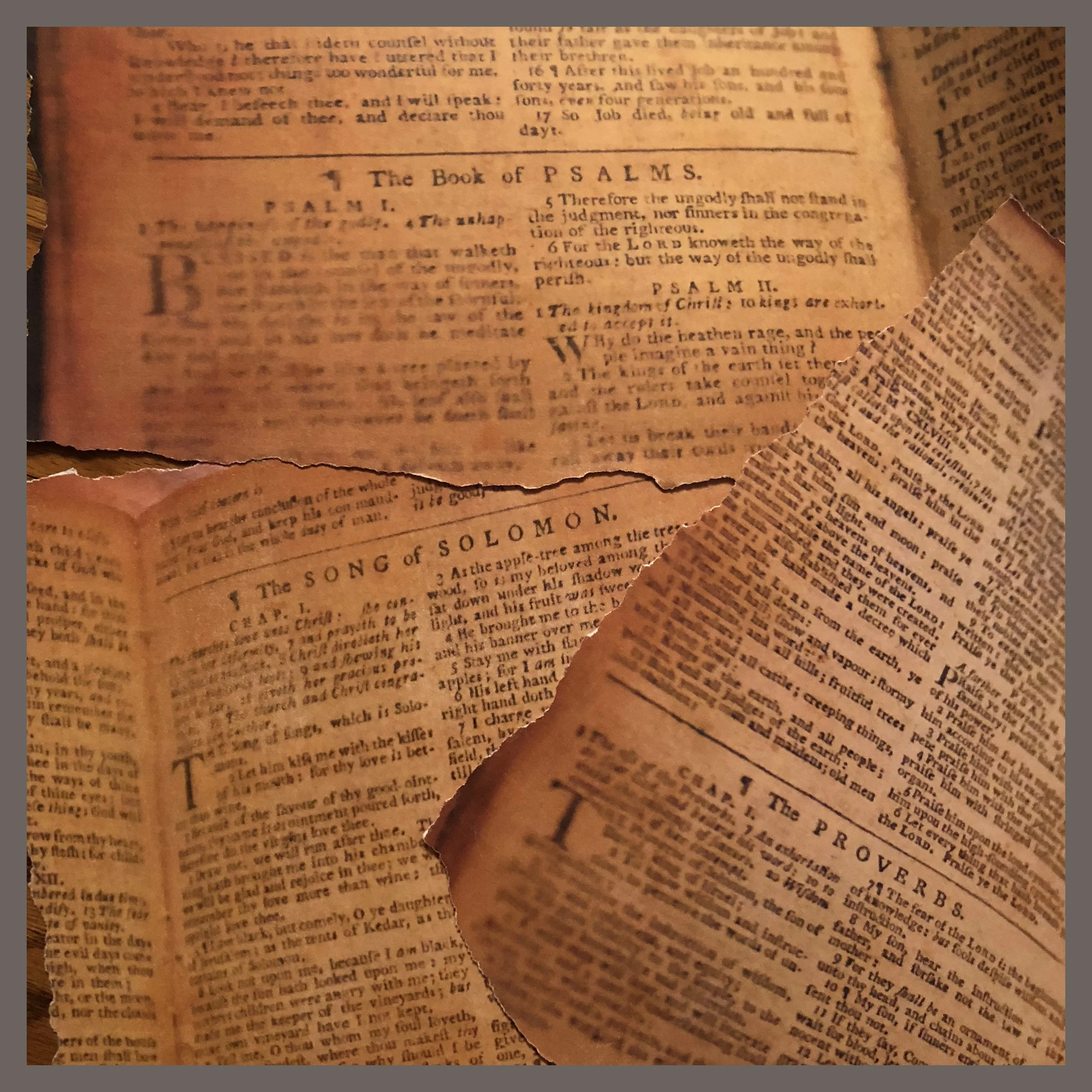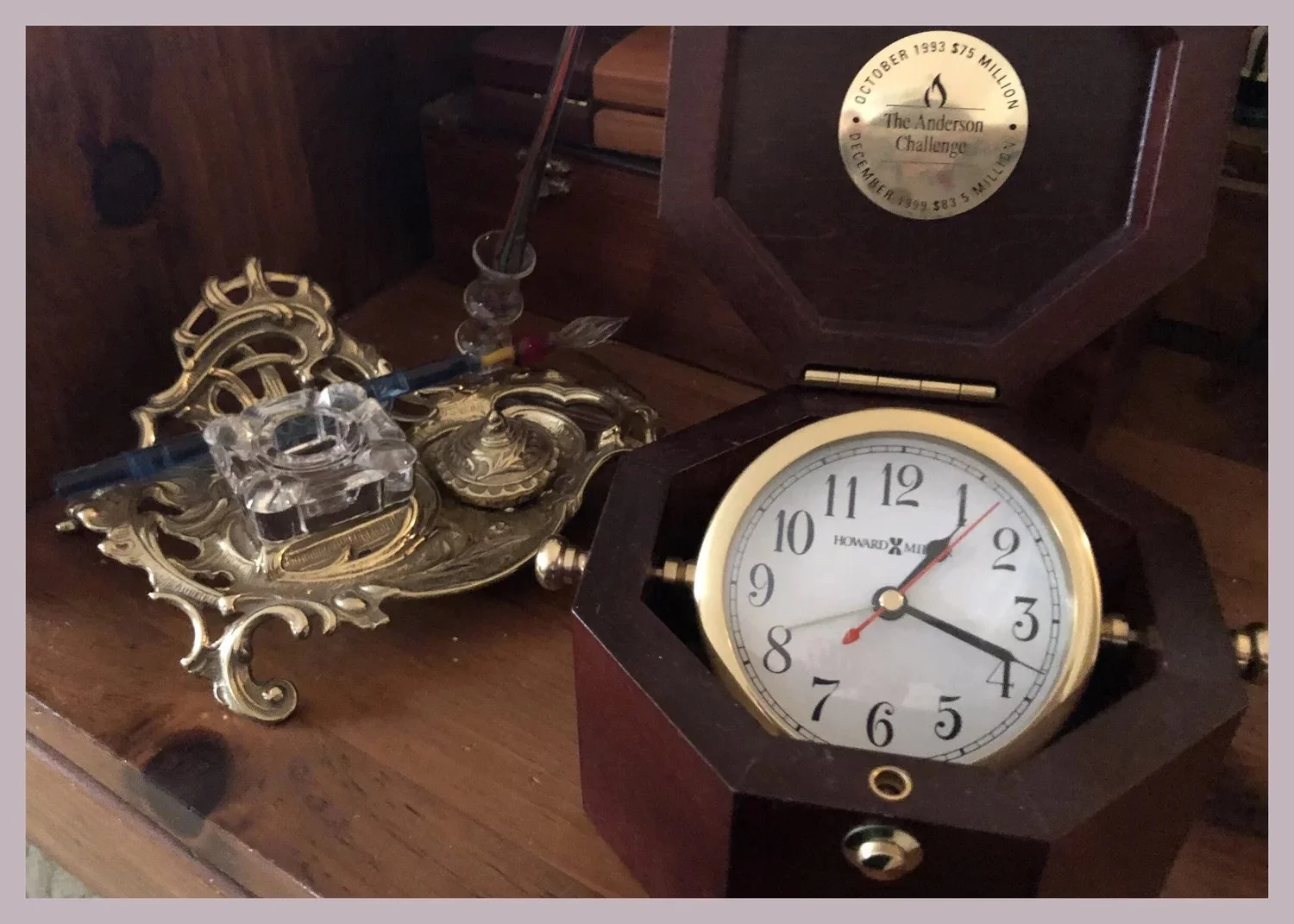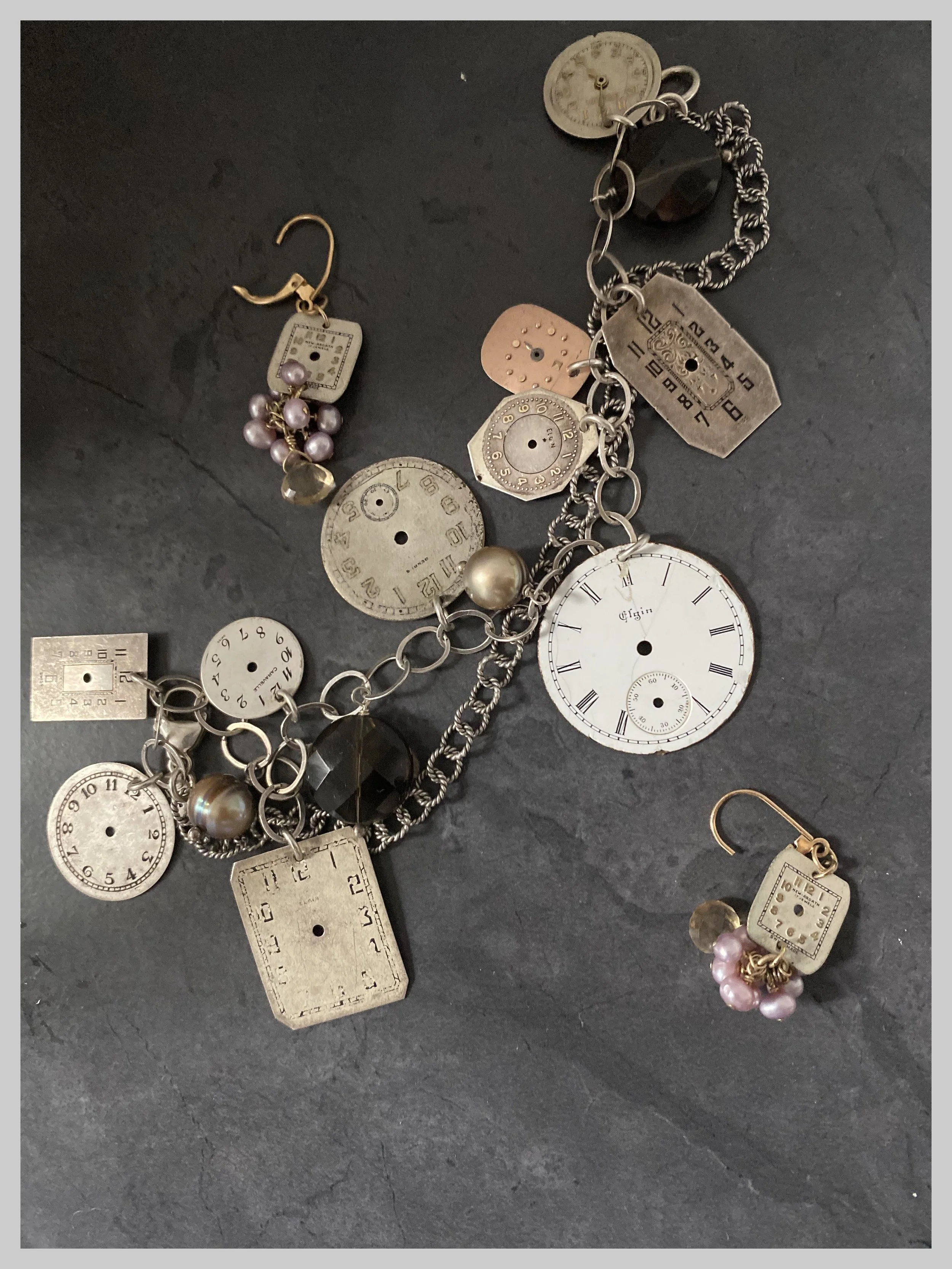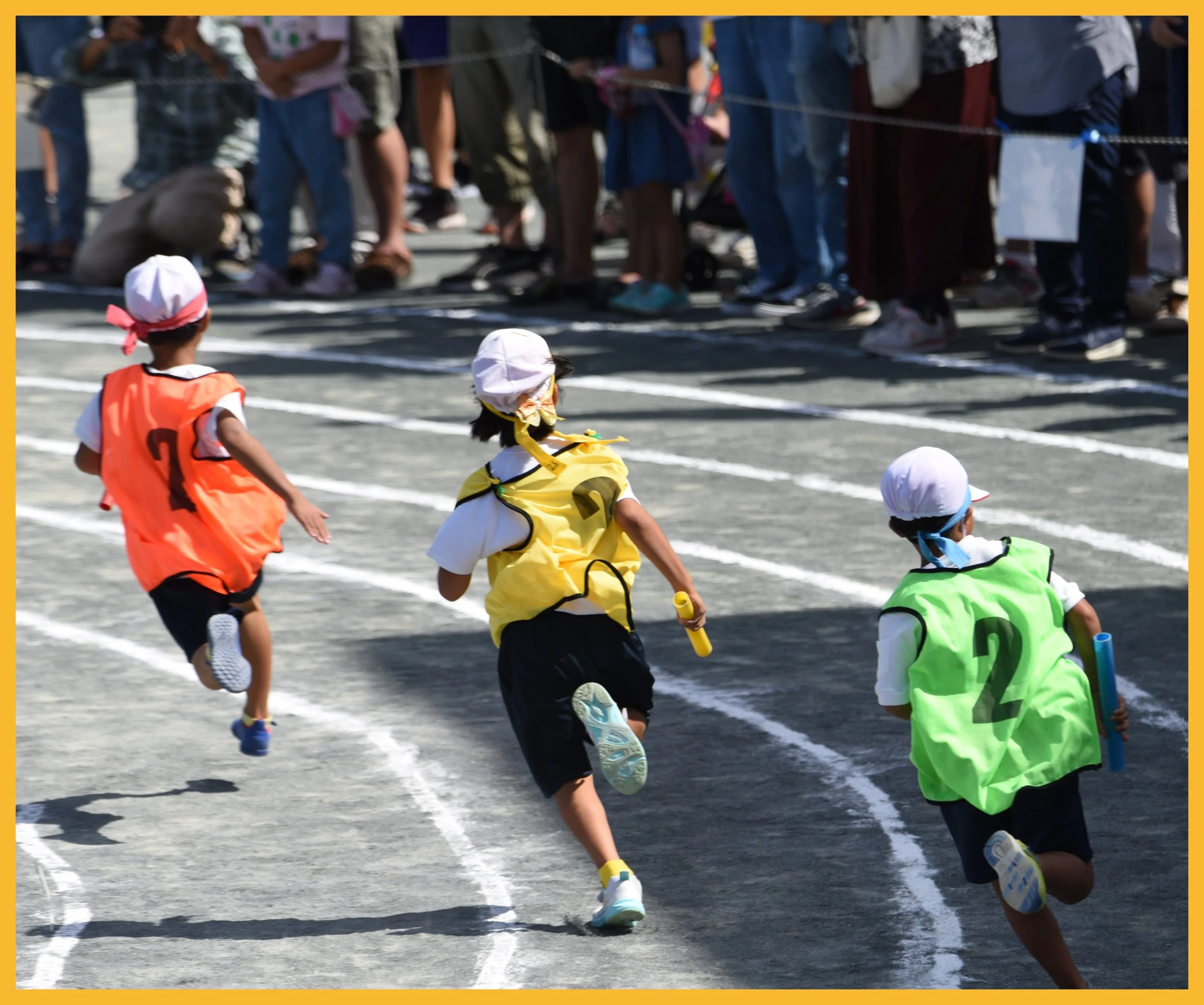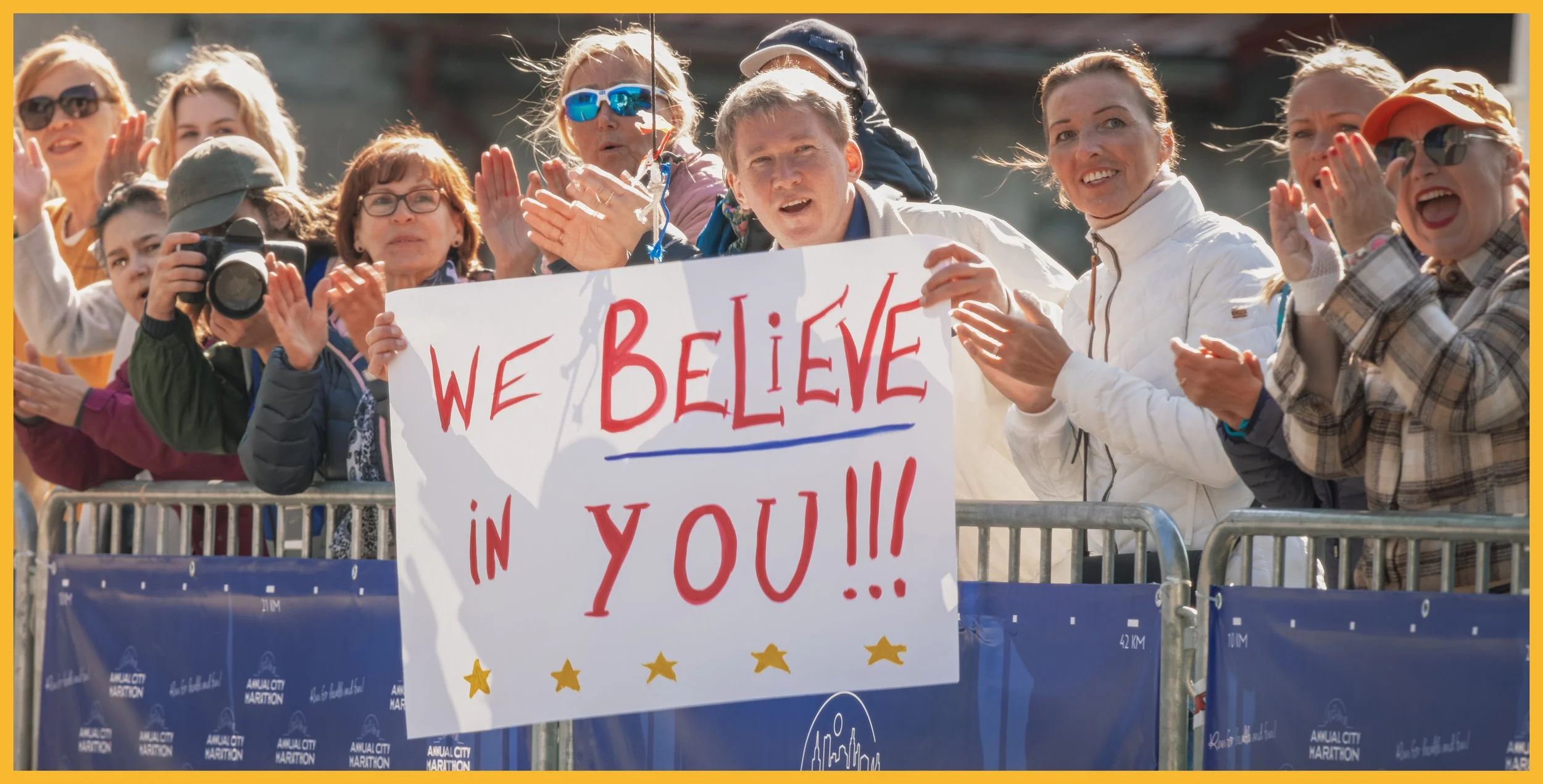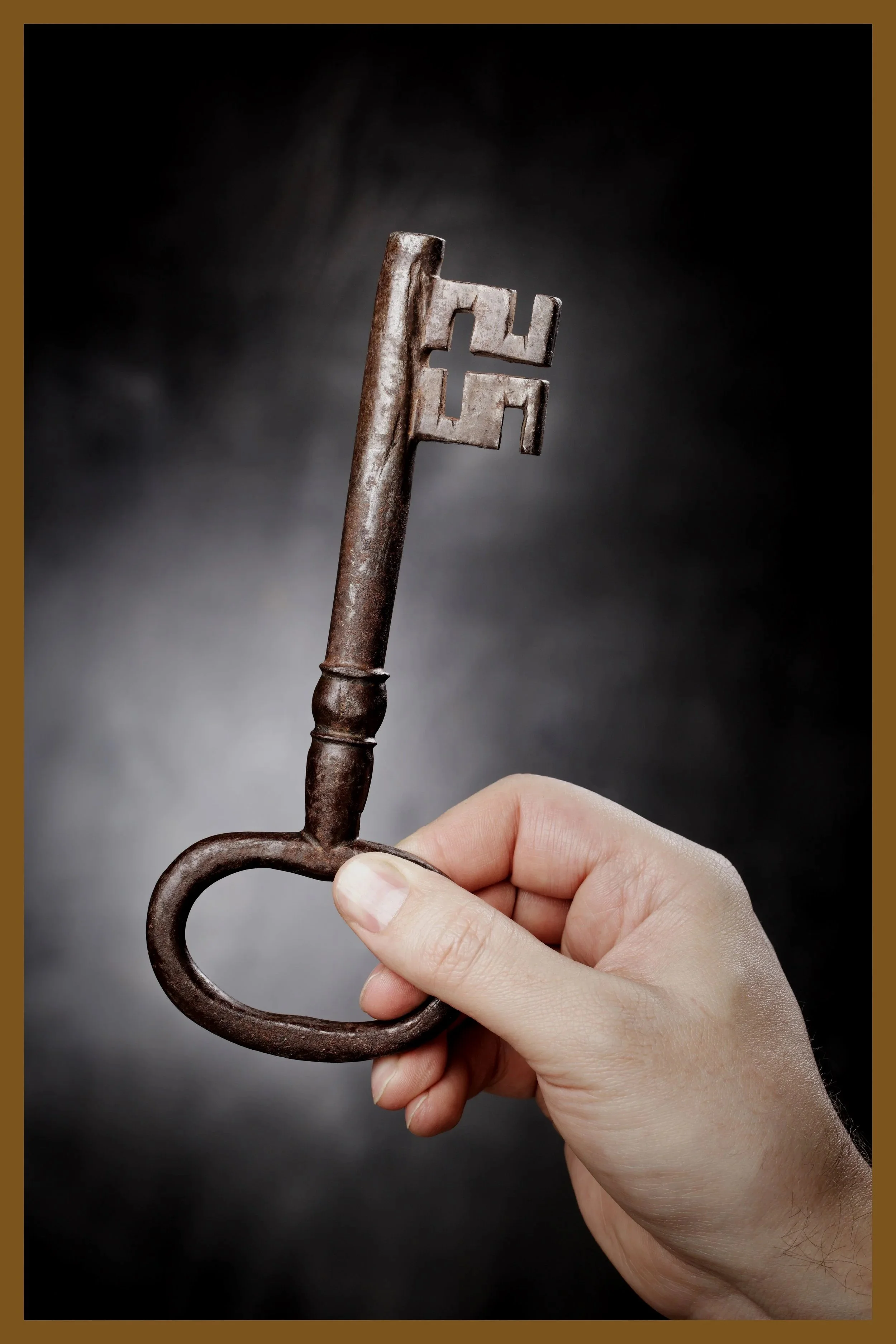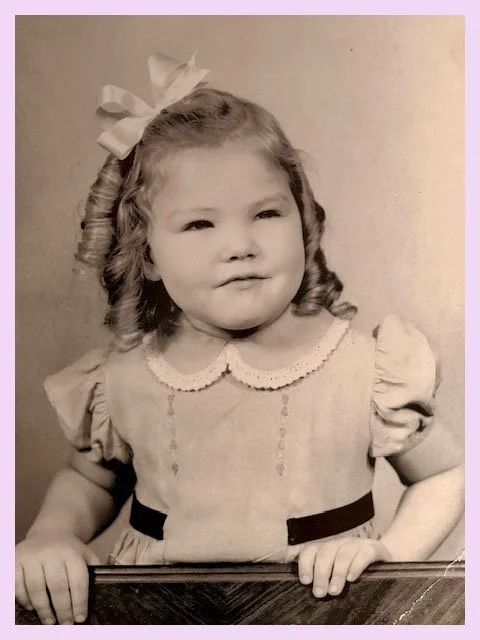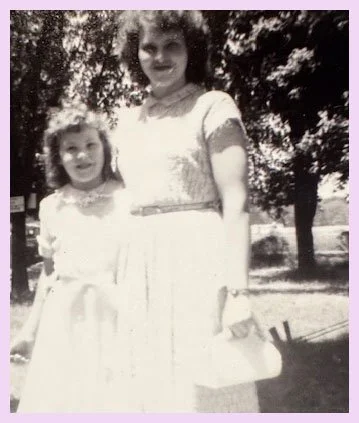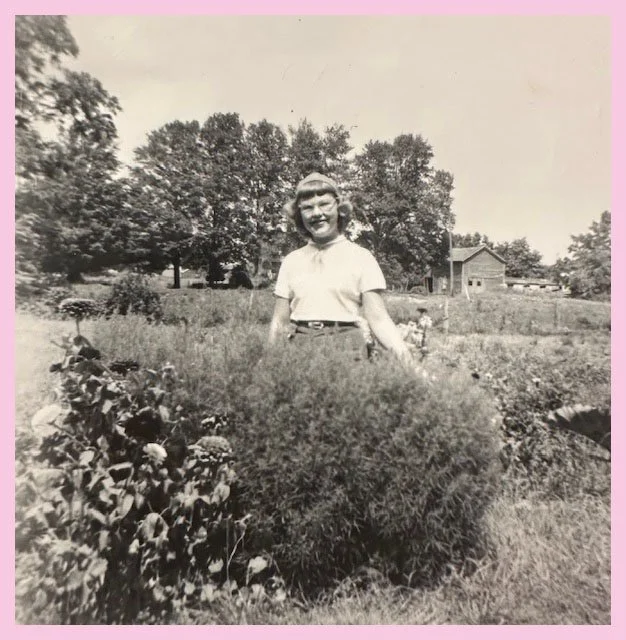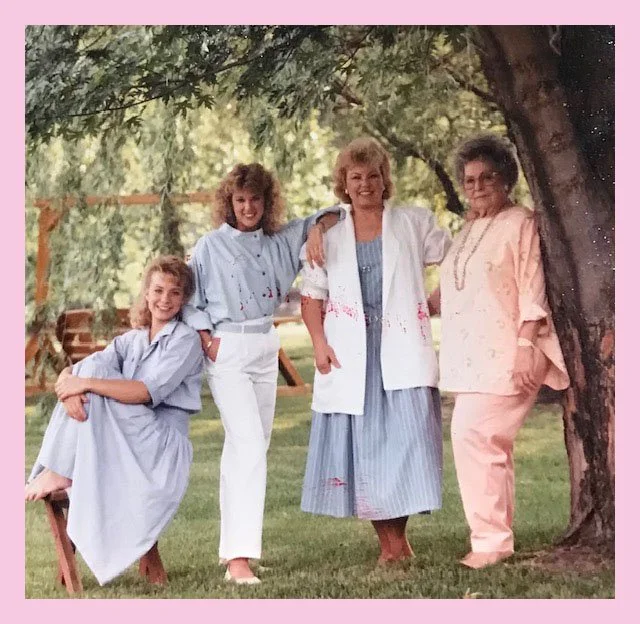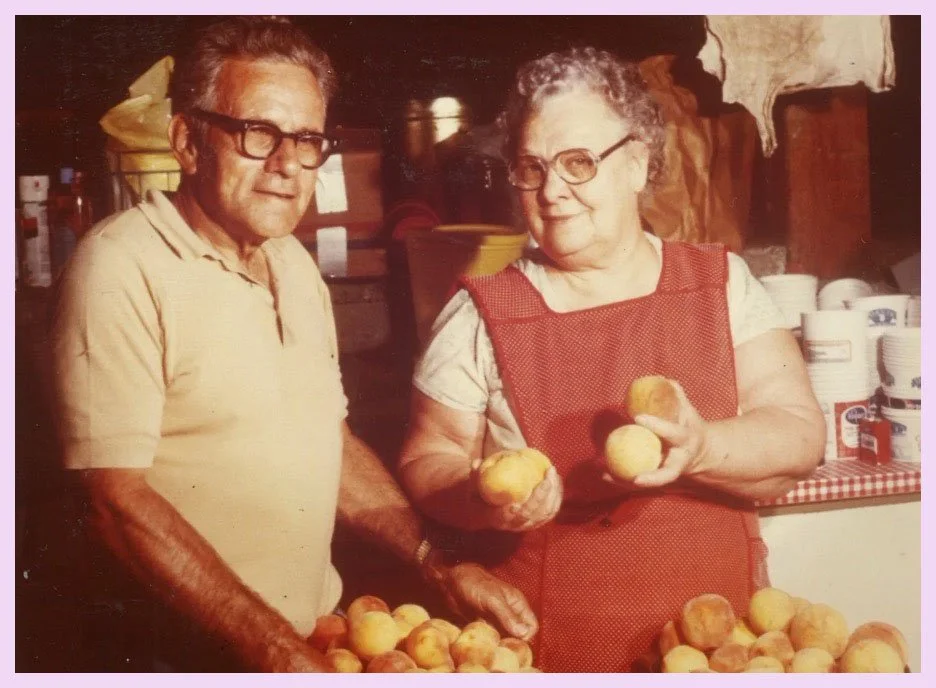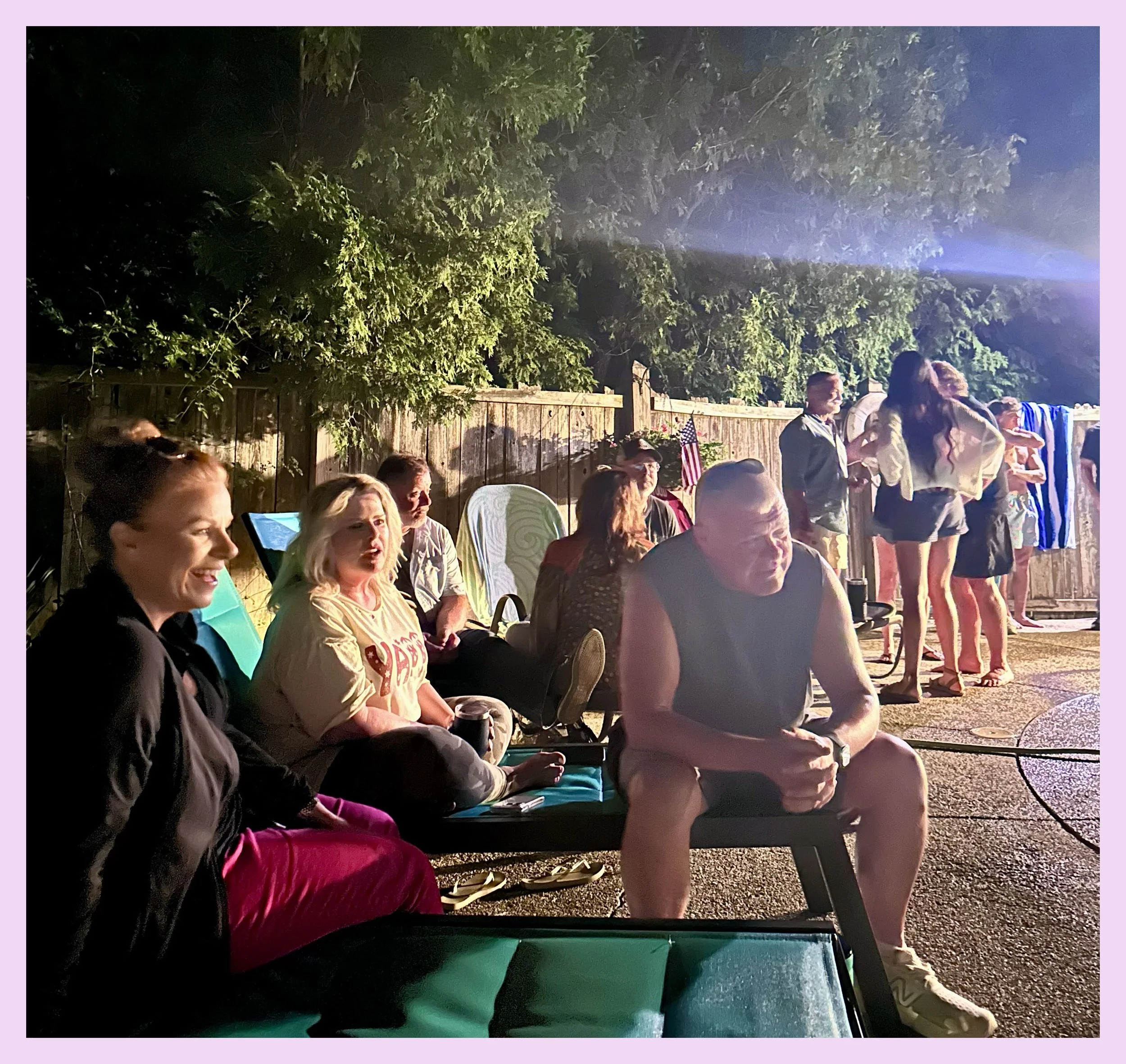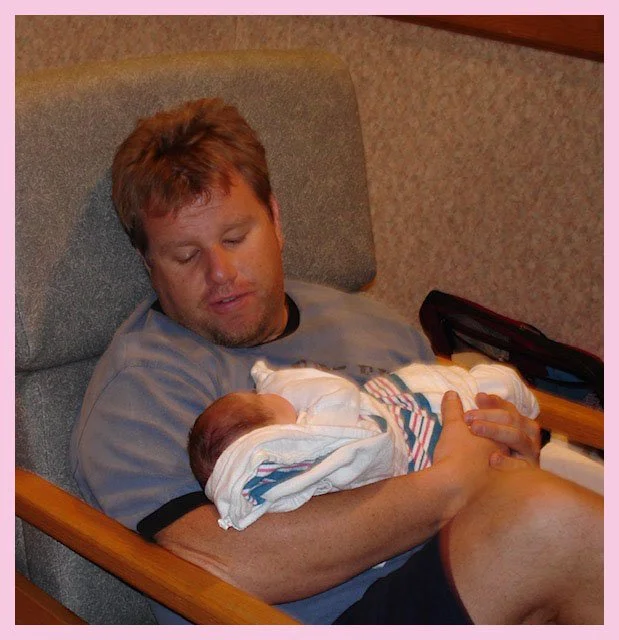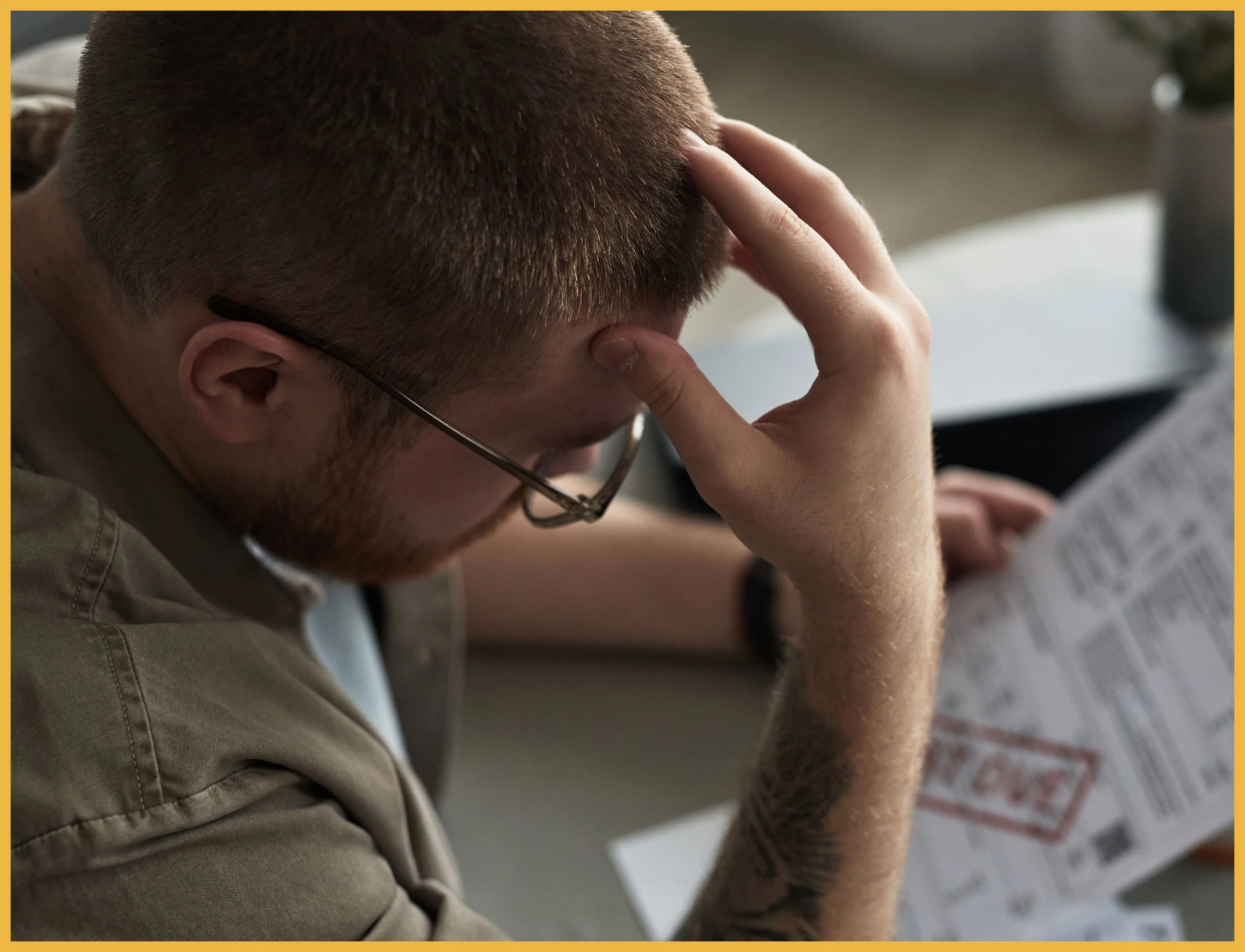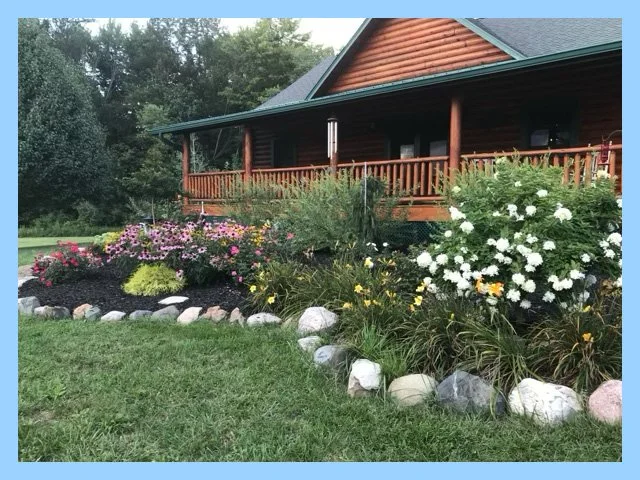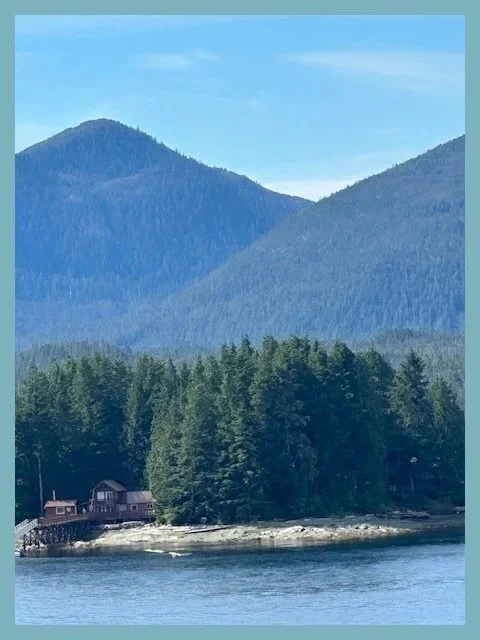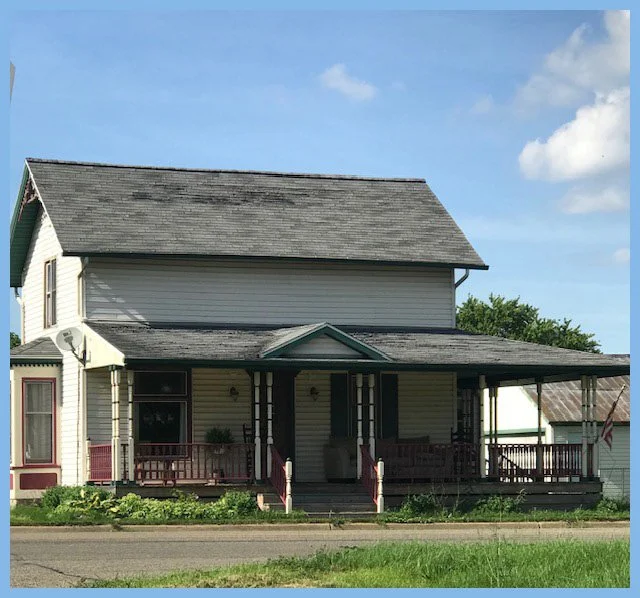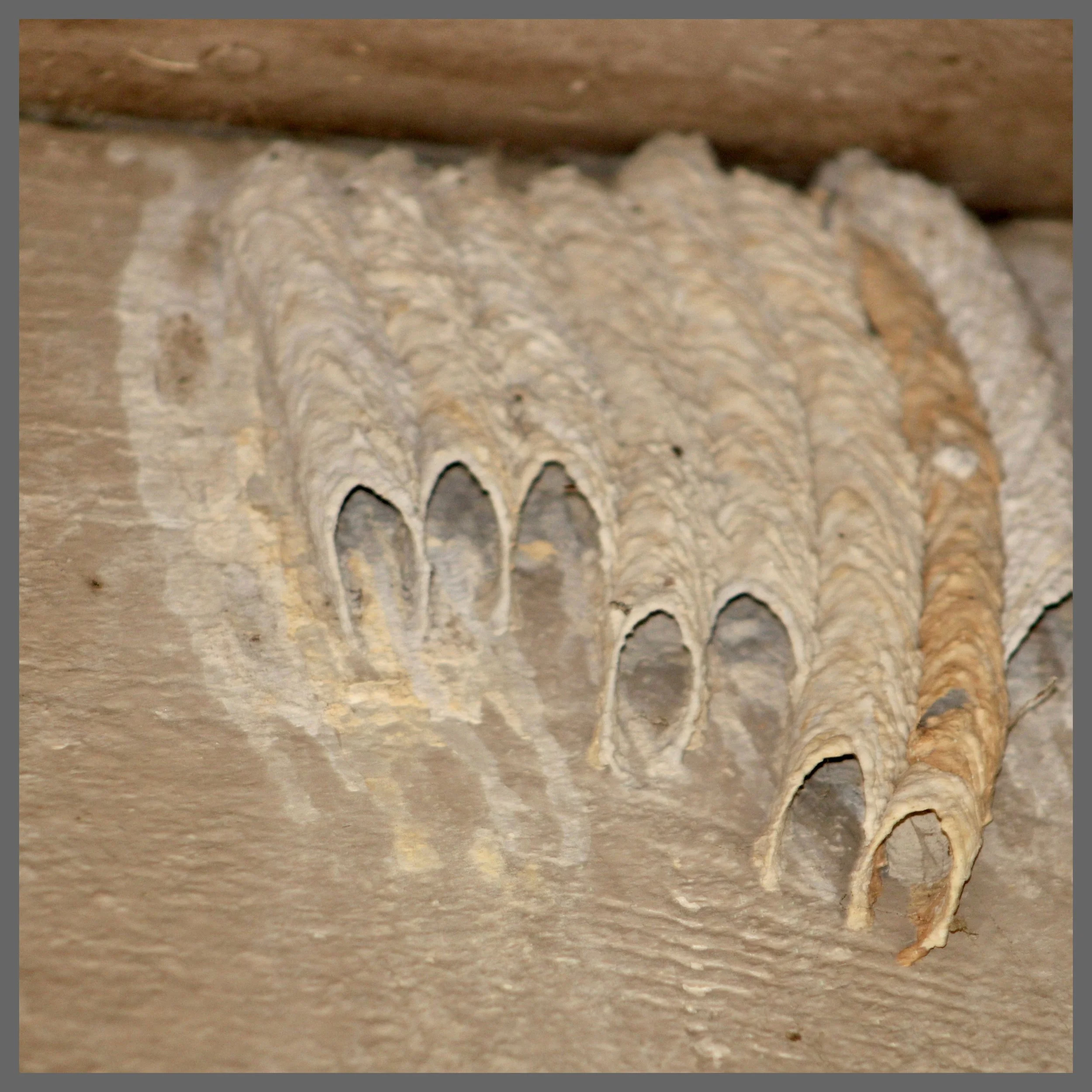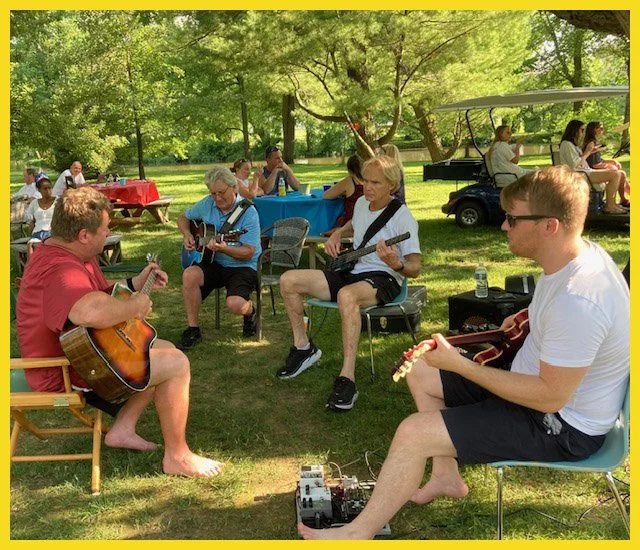IT WAS GOOD FRIDAY, and Sunday would be Easter. Death and resurrection danced together, not only in the death and resurrection of our Lord but in spring's final battle with winter. Alphas and omegas, beginnings and endings seemed to whirl and clash in such a blinding confusion it was hard to tell them apart.
There is struggle in both dying and birthing, and although we tend to think something has to be born to die, the truth is, says the Word of the Lord, something has to die to be born. "Unless a grain of wheat falls into the earth and dies, it remains alone; but if it dies, it bears much fruit" (John 12:24 NASB).
On Good Friday a year before, our daughter Suzanne was having a very difficult time with a pregnancy that had begun just two weeks before she had undergone what turned out to be major surgery. Not knowing that she had conceived, the doctor had laser-stripped her reproductive organs of a serious case of endometriosis. The hope was that this procedure would give her a chance to conceive. The truth was, a tiny life was developing already.
As the pregnancy progressed and her lasered-raw womb expanded, Suzanne grew weaker and weaker until about all she could do was sit with me on our front porch or make a short trip to the grocery store. There were times she felt she wouldn't live to mother her child; other times she was able to gain fresh energy from the hope that once the baby came, her body could begin to repair.
Then too she was concerned that her child might have been damaged by the surgery itself or the anesthesia she had been given.
At last, in August, little Will was born. What joy we felt, what relief, to find that he was healthy and that Suzanne had survived this whole process. Maybe that was why Bill and I were such crazy-and thankful-grandparents!
The following spring, as we enjoyed this new life given to our family and as new life sprouted all around us in nature, my mother was in the last stages of cancer. For five weeks my sister and I stayed at the hospital to be with her. "Well, we've never done this before," mother said to me, for she was always an adventurer. This was the last and most risky adventure my sister and I would ever take with her.
On that Friday before Easter, as my sister and I watched our grandbabies play games in the hospital room, our mother began her last journey. It was a difficult trip. Earth does not give up easily, and winter sometimes rages its final grasping storms violently. I remember years when there was snow even on Easter. But winter is doomed, nonetheless. Spring does come.
The blustering wind rattled the hospital windows behind the spring daffodils and hyacinths friends had sent to bring color and fragrance to Mother's room. Along the street outside, the ornamental crab trees ventured their first white and pink blossoms.
I turned from the window to rearrange the pillows to make Mother more comfortable, then leaned down to kiss the velvet cheek that was so familiar to me. Because her kidneys had almost ceased their function, her skin had turned the color of the daffodils on the windowsill. I soaked a washcloth in warm water and steamed her calloused feet, then rubbed them with expensive cream. Touch becomes very important when touch is all you have left to nurture the spirit.
This body is like the casing of a seed, I thought. It won't be long until it will burst with the life that swells inside. My mother had always been hungry to learn, thirsty to drink every drop of truth life could teach her. This body wouldn't hold this sprout much longer. Winter's shell would soon explode with the urgency of life.
"Death is swallowed up in victory" (1 Cor. 15:54 KJV).
Alphas--beginnings. Omegas--endings. In Him, they are both the same. I had watched Will playing with his cousins, so new, so eager to learn all the new things. Mother had celebrated her eighty-fourth birthday, frustrated by the same limitations that frustrated little Will. So much to embrace, so little time.
I sat down beside my dying mother. Time and earth were shackles to her that Will was only beginning to know. Like a snake's skin, like the casing of a seed, the confines would have to give way to life.
I wrote in my journal:
The process--this alpha-omega dance, this rite of spring--may thrash and rage and threaten; but death, though it will have its ugly moment, will itself die. It's been Friday all day. Tomorrow will be Saturday. But Sunday's coming! There is Easter in our bones!
A few days later I held my mother in my arms as she breathed her last breath. A lyric I had written years before sang to my heart. I had proven it true for myself.
Where, death is your victory?
Where, O grave is your sting?
Come, children, and dance with me!
Sing to our living King!
I knew Mother was dancing too. Alleluia!
Resurrection
Hang out the banners and shout the news!
Blow the trumpets and horns!
"Til there is no one who has not heard:
"We shall not die anymore!"
I'm here to tell you that Jesus lives;
As He lives, so shall we!
Dying and fear have passed away, Swallowed in victory!
Morning has broken the cords away!
There's no reason to fear.
Why seek the living among the dead?
Jesus, your Lord is not here—He is alive; He's not here!
Where, death, is your victory?
Where, oh grave, is your sting?
Come, children, and dance with me!
Sing to our living King!
Love wins over everything,
Melts the spears and the swords.
Join hands, let your voices ring;
Christ is our risen Lord.
Open the prisons and ring the bells!
Join the ransomed and free
In celebration for what He's done;
Jesus, the Christ sets you free—Jesus, the Christ sets you free!
Lyric: Gloria Gaither
Music: William J. Gaither and Michael W. Smith
Copyright©1982 Gaither Music Company and New Spring Publishing, Inc. (admin. by BMG Music Publishing, Inc.). All rights reserved.




